Job Witton, private who made a habit of escaping from enemy captivity and was awarded a Military Medal – obituary
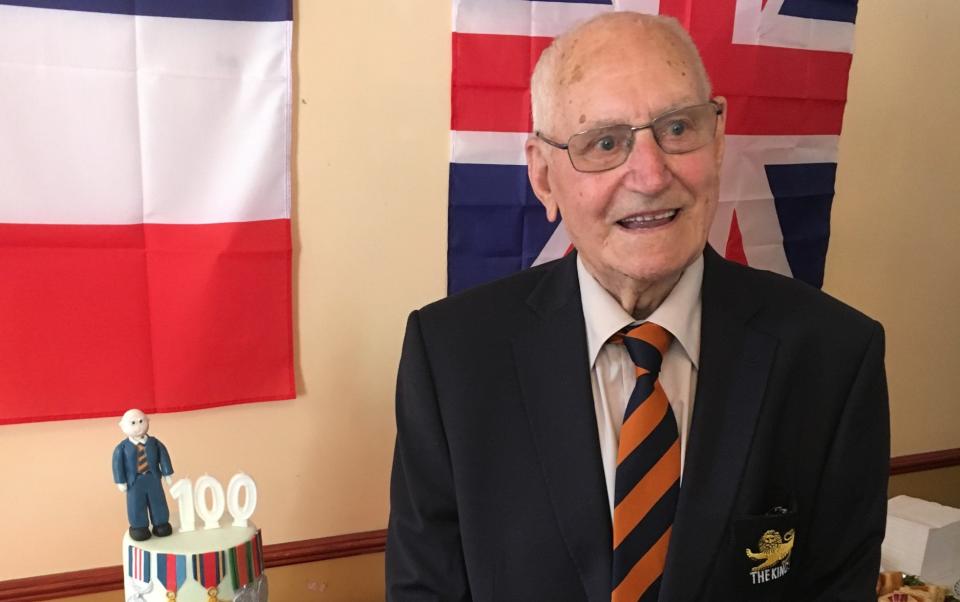
Job Witton, who has died aged 103, escaped from captivity several times in the Second World War and was awarded a Military Medal.
In May 1940, Witton was a private serving with the 5th Battalion The King’s Own Royal Regiment (Lancaster). He was on the road from Lille to Armentières when he became detached from his company.
On May 29, during the withdrawal to Dunkirk, together with about 60 comrades, he was fighting a rearguard action at Lille. His best friend, Leslie Window, was escorting French civilian casualties to hospital the day he was killed. Witton’s last words to him were, “Trust you to get the pretty ones.”
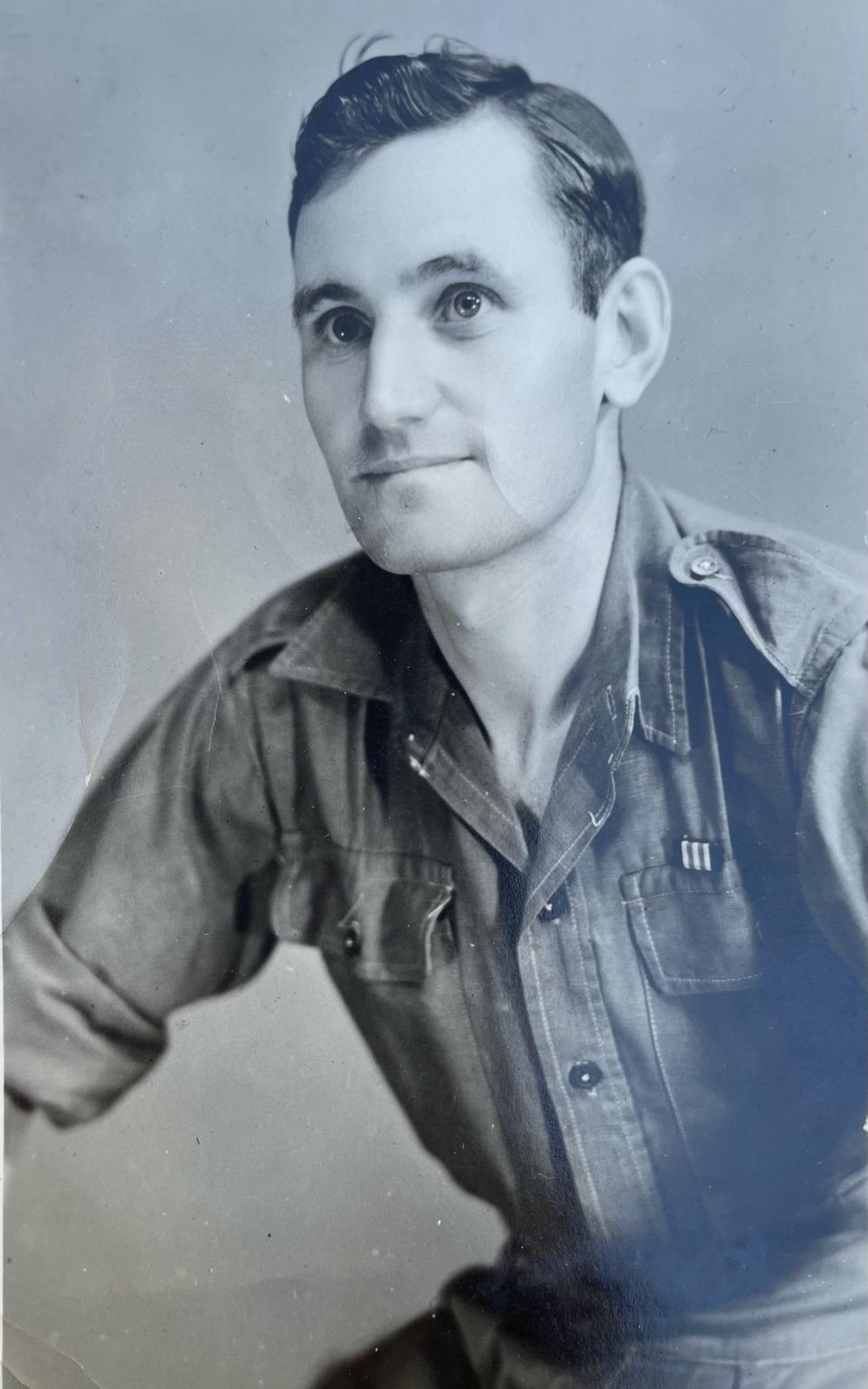
Witton was taken prisoner. The German officer said, “You are going to Berlin. I’m going to London.” Eight days later, he slipped away from the column and hid in a wood. With the help of a friendly farmer he managed to swap his uniform for civilian clothes and made for the coast. After he stole a bicycle, progress was quicker.
At Fécamp, near Le Havre, an excited French farmer told him that the war was over. But it was only over for the French. He crossed a bridge, having failed to understand a notice in German banning access to civilians, and was arrested and taken to the town hall. A German officer who had been a shipping agent in Liverpool before the war picked up on Witton’s Liverpudlian accent, assumed that he was an English sailor, and handed him over to the French chief of police.
A week later, Witton was marched to the citadel at Doullens, near Amiens, a journey of about 100 miles. On the way, the French prisoners, who were outraged by the sinking of the French fleet at Mers-El-Kébir in Algeria, by the British in July, punched and kicked Witton at every opportunity.
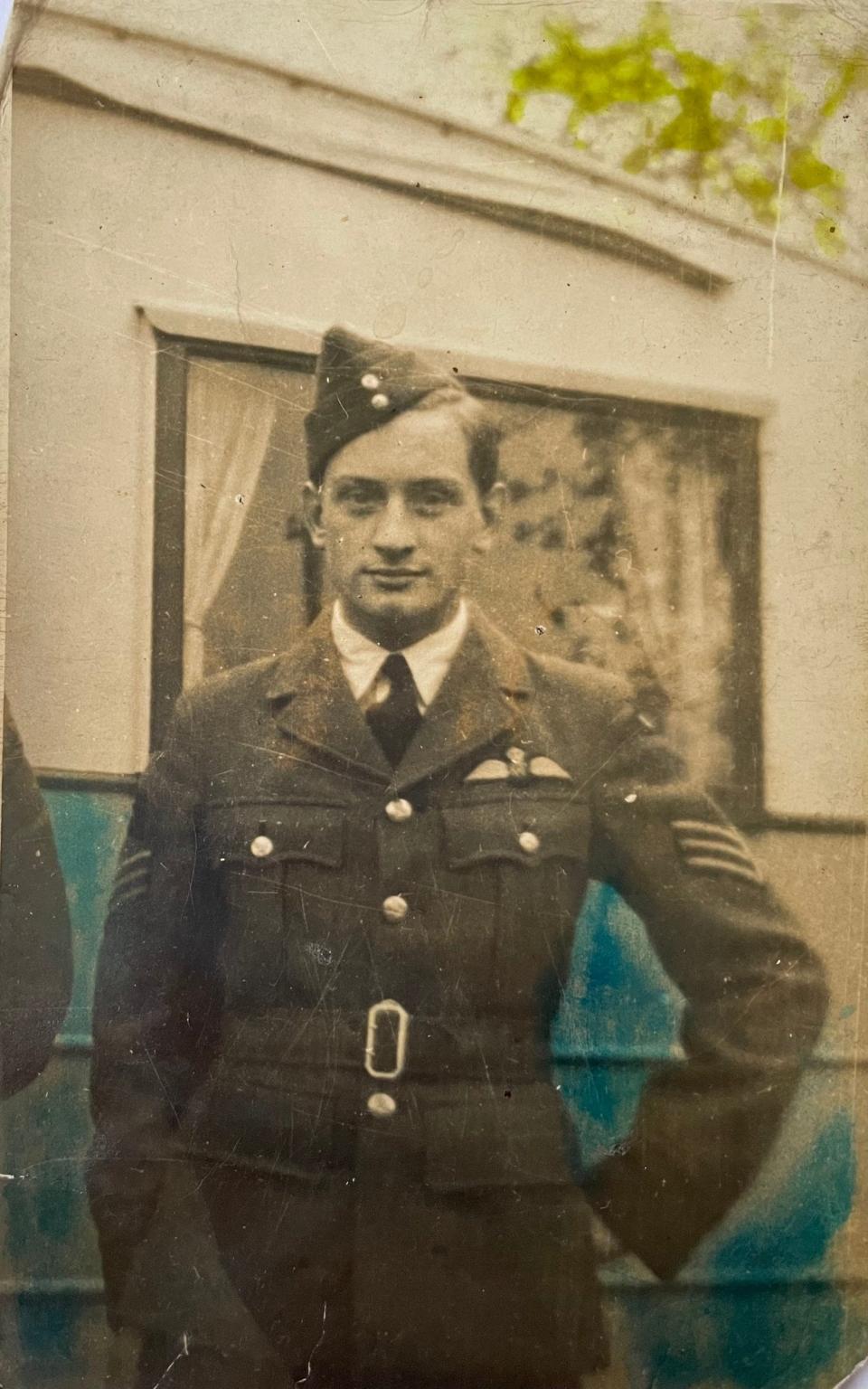
The walls of the citadel were 40 feet high and six feet thick. He joined an outside work party and managed to scrounge rope and pieces of string. Under cover of darkness, he lowered himself over the wall. The rope snapped when he was half way down but he was able to break the fall of three comrades who followed him. Two were from the Black Watch; the third, Sergeant Don Phillips, was a sergeant in the RAF.
The two soldiers from the Black Watch went their own way while Witton and Phillips trekked south on stolen bicycles, often travelling a night, with Phillips navigating by the stars. Whenever they came across a German patrol they steeled themselves to greet them with a confident, “Heil Hitler!”
In mid-July, they were concealed and fed by a couple, Albert and Yvonne Eveloy, who belonged to the Resistance and were to become lifelong friends. While Witton was having a strip wash at a standpipe, a German soldier arrived. Witton quickly covered up the red Rose of England tattooed on his forearm. The soldier noticed nothing and took him for a farm labourer.
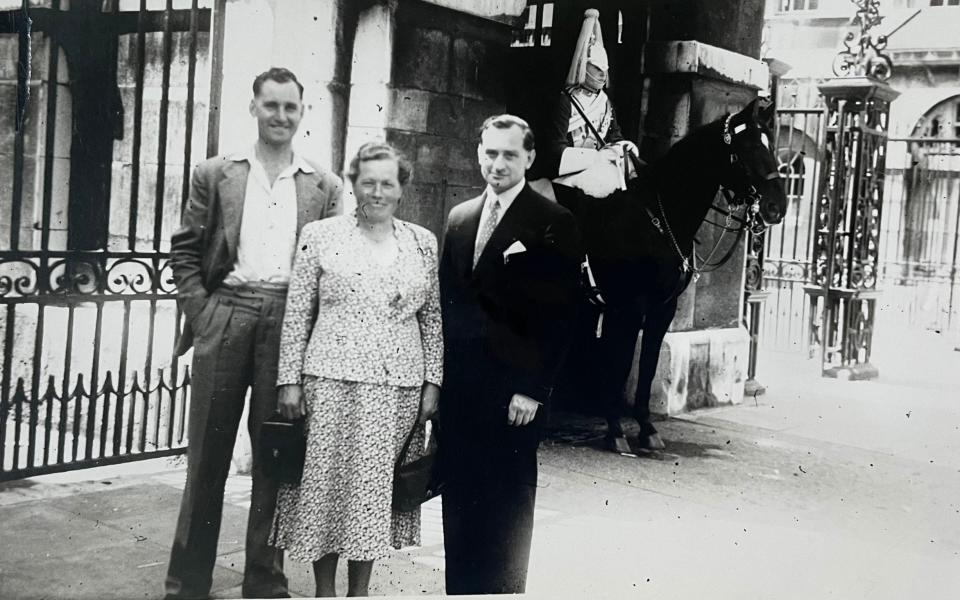
They skirted Paris to the south-east, dodging enemy patrols by keeping to fields or small roads and swimming across rivers to avoid bridges. On one occasion they were ferried across a river in the company of a German soldier who also helped them to load their bicycles on to the boat.
In mid-August, they crossed the demarcation line into unoccupied France. They took a bus to Lyon but found the British Embassy closed. The Americans had not yet come into the war and at the US Embassy the pair were given money. They moved to a camp at Grenoble, but had to return to Lyon when they heard that the Germans were coming to take over the barracks. They were joined by another man on the run, a captain in the British Army.
A member of the Resistance bought train tickets to Perpignan and they stayed the night at the foot of the mountains with an old lady whose son had been sent to a POW camp for being anti-German. In the morning, the three men set off to cross the Pyrenees into neutral Spain. It involved an arduous climb hampered by icy slopes, drifting snow and freezing fog.
They kept some distance apart as a precaution against being ambushed but when they were close to the frontier, two armed French policeman jumped out from hiding and captured Witton and Phillips. The Army captain made a bolt for it; he was pursued by shots but got away. Witton offered the money they had been given by the officials at the American Embassy and the gendarmes let them go.
Once across the frontier into Spain, they stopped at a farmhouse for a meal. Their hosts produced a bottle of wine and insisted that they stay and drink it.
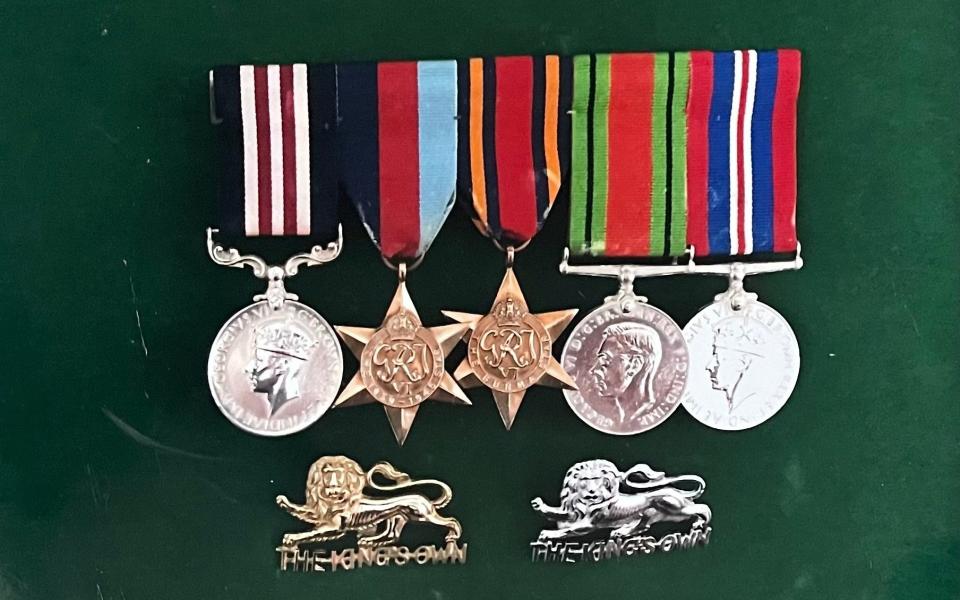
This was simply a ruse to delay them while the Spanish police were alerted. They were arrested and taken to the internment camp at Figueres, near Girona, then transferred to Miranda De Ebro, a notorious concentration camp south of Bilbao. Brutal treatment by the guards was rife and the sound of executions could be heard every morning. After three weeks, the British Embassy was able to obtain their release.
They were taken to Gibraltar and, having embarked on November 19 1940, they arrived in Liverpool on December 4. Witton received his MM from King George VI at Buckingham Palace and the award was gazetted in March 1941.
He was posted to Malaya, and was in Kuala Lumpur when he heard that he was due for demobilisation and was to be sent to Singapore. For a time, he was an officer’s batman and stayed in considerable comfort at Raffles Hotel. From May 1944 to December 1945 he served in the Public Relations Division at HQ South East Asia Command.
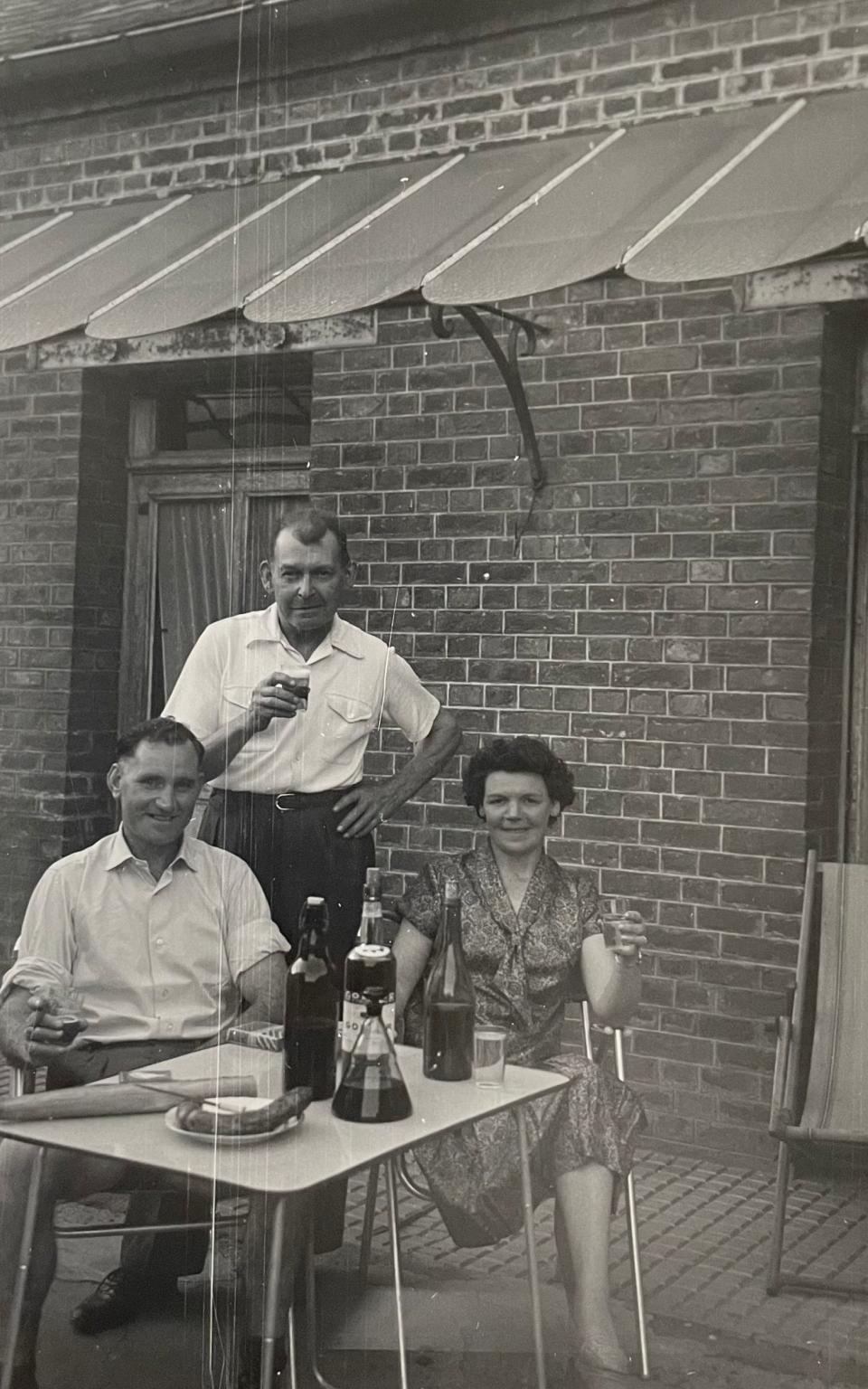
Job Witton was born at Ellesmere Port, Cheshire, on July 12 1918. He left William Stockton School aged 14 and in July 1939 he enlisted in the King’s Own Royal Regiment and posted to the 5th Battalion. The battalion, which recruited from North Lancashire, was mobilised in September 1939 as part of the 42nd East Lancashire Division of the TA. In April 1940 it joined the British Expeditionary Force in France.
Witton left the Army in May 1946 in the rank of private and worked in the Bowater Docks at Ellesmere Port before retiring in 1983. He settled there and enjoyed gardening, walking and a pint of beer.
Job Witton married, in 1947, Catherine Tully, who predeceased him. There were no children.
Job Witton, born July 12 1918, died March 14 2022

 Yahoo News
Yahoo News 